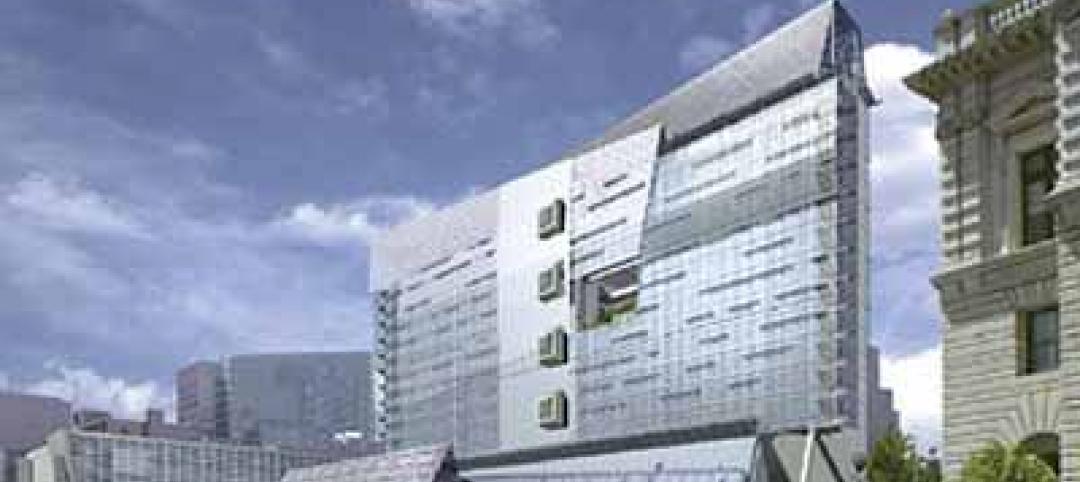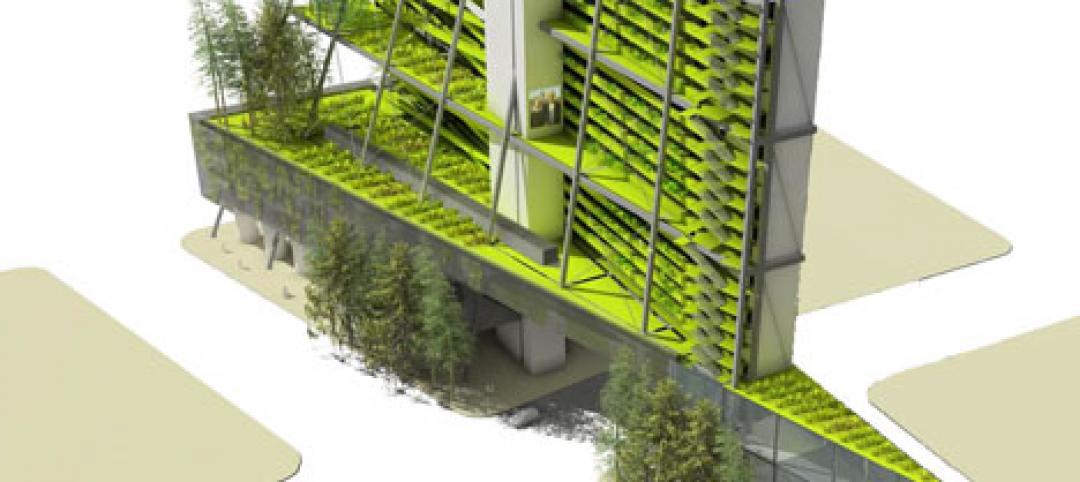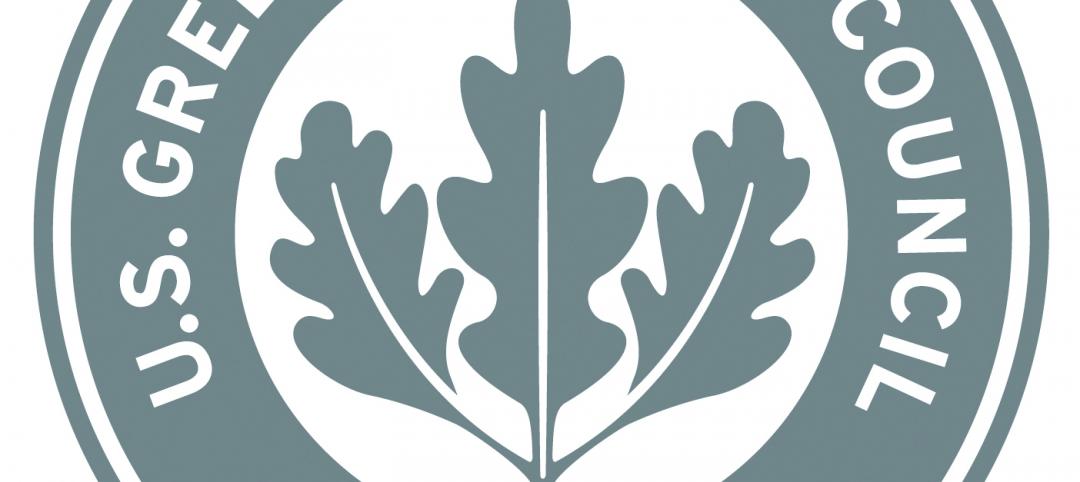Widespread power outages in Texas during a severe cold blast have caused some to question whether banning fossil fuels from new buildings makes sense.
Most homes with gas space heating went cold because most gas-powered heating systems require electricity to operate. But, after the lights went out, gas stoves allowed residents to boil water and cook food while electric appliances were useless.
The reductions in carbon emissions resulting from all-electric buildings supplied by clean power sources are still compelling, and there are ways to make the grid and individual buildings more resilient to power outages. For instance, attaching a small battery backup to a gas heating system enables it to run when the grid fails.
Solar panels with battery storage could also keep both electric stoves and electric heating systems running during grid outages. Batteries in electric vehicles could someday be tapped as a source of backup energy.
There are strategies that can make the grid more resilient, as well. Texas could winterize its electrical system, for starters. Also, microgrids at the building-level or community-level can generate and store their own electricity, relieving pressure on the grid, and may be able to continue providing power during regional outages.
Related Stories
| May 31, 2012
Natural gas industry opposes federal carbon-neutral construction rule
The natural gas industry and some allies are working to block a federal green building rule that was expected to be a national model for carbon-neutral construction.
| May 31, 2012
Lawsuits push the legal boundaries of green building definition
This article explores some legal issues stemming from lawsuits in which plaintiffs have charged developers with not delivering on a promised level of sustainability.
| May 31, 2012
ANSI approves Green Building Initiative’s design standard
The Green Building Initiative (GBI), a Portland, Ore. nonprofit organization, has had its new consensus-based standard for the design, construction, and operations of environmentally friendly buildings approved by the American National Standards Institute (ANSI).
| May 31, 2012
USGBC testing Minnesota buildings to see if they are living up to LEED standards
The Minnesota chapter of the U.S. Green Building Council (USGBC) has teamed up with EnergyPrint, a St. Paul, Minn. energy consulting firm, to study the energy and water use of more than 150 buildings in the state that have LEED certification.
| May 29, 2012
Reconstruction Awards Entry Information
Download a PDF of the Entry Information at the bottom of this page.
| May 25, 2012
Major retail chains welcome LEED Volume option
Large national chains such as Starbucks, Marriott, Verizon, and Kohl’s are welcoming the LEED Volume Program that enables them to batch certify similar projects.
| May 25, 2012
Alaska’s okay of gravel aggregate with naturally occurring asbestos opens up development
Some long-delayed projects in the Upper Kobuk region of Alaska may now move forward thanks to legislation that allows construction in areas that have naturally occurring asbestos.
| May 25, 2012
Las Vegas building codes may thwart innovative shipping container development
A developer wants to build a commercial development out of steel shipping containers in Las Vegas, but city codes would have to be altered or the project would have to obtain waivers for it to receive the city’s go-ahead.
| May 25, 2012
Collapse of Brooklyn building that killed worker blamed on improperly braced frame
The Occupational Safety and Health Administration cited SP&K Construction with 11 safety violations, for which it could face more than $77,000 in fines.











